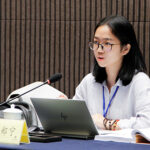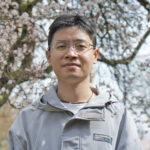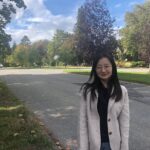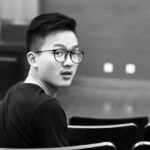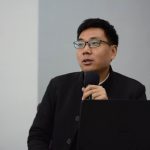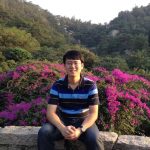University of British Columbia
University of California, Berkeley
 |
Huyu JIANG (Wuhan University) |
Visiting dates: September 2018 – August, 2019 Huyu JIANG is a Ph.D. candidate from Wuhan University, currently a visiting student at the University of California, Berkeley. His research looks at the social and religious landscape of North China in the Early Medieval Period. He has conducted several fieldworks in North China, especially in Huixian and Wuxiang where he examined Buddhist inscriptions for completing his doctoral dissertation entitled “Society and Buddhism in the southern part of Mt. Taihang in the Early Medieval China”. Huyu also presented three papers to the Winter/Summer Program on Buddhism and AAS. They examine the Chinese inscription on Buddhist statues as well as the Buddhist local landscape. |
Yale University
| Yu BAI (Leiden University) |
Visiting dates: August 2017 – December 2018. Yu Bai was originally trained as a Tibetologist in Heidelberg and Hamburg. While maintaining this interest, he switched his focus to Chinese Buddhism and became intrigued by Buddhism and Jingjiao 景教 (i.e. Chinese Nestorianism) in medieval China. As a Ph.D. candidate at Leiden University, he primarily works on segmenting and aligning the Tibetan and Chinese texts of the Mahāratnakūṭa/Da baoji jing 大 寶積經. Meanwhile, for his dissertation, he explores the relationship between Buddhism and the state in the first half of the Tang dynasty by investigating and translating nine prefaces composed in the emperor’s name for Buddhist scriptures during this period. |
|
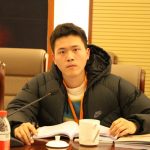 |
LIN Xiao (Peking University) |
Visiting dates: October 2017 – September 2018. Lin Xiao is currently a Ph.D. candidate in the Department of Philosophy and Religious Studies at Peking University in China. He was sponsored by the Glorisun Global Network of Buddhist Studies to study as a visiting student in the Department of Religious Studies at Yale from October 2017 to September 2018. His research interests include Dunhuang manuscripts, the interpretations of Buddhist manuscripts in medieval times and the Syncretism of Ch’an and Pure Land Buddhism in medieval China. He is now working on the subject of the difference between various types of Dhyana in early Ch’an Sutra and traditional patterns of teaching in India, and the spread and influence of Guanfo Ch’an on medieval China. |
University of Tokyo
 |
Kuannin NI (Ven. Daoli) (National Taiwan University) |
Visiting dates: September 2024–May 2025 Kuannin Ni is a Ph.D. candidate in the Department of History at National Taiwan University. Her areas of research include: modern Buddhism, China-Japan exchange. She is staying at the Institute for Advanced Studies on Asia at the University of Tokyo as a Visiting Researcher from September 2024 to May 2025. |
 |
Bo PO (Peking University) |
Visiting dates: September 2024–August 2025 Bo PANG is a Ph.D. candidate in the Department of Philosophy, at Peking University. His areas of research include: Chinese Buddhism, Sanlun school, Jizang. He is staying at the Institute for Advanced Studies on Asia at the University of Tokyo as a Visiting Fellow from September 2024 to August 2025. |
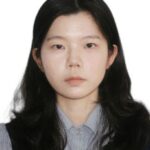 |
Yue FEI (Nanjing University)
|
Visiting dates: May 2025 – April 2026 Yue FEI is a doctoral student in the School of Liberal Arts, at Nanjing University. Her areas of research include the: Acceptance of Chinese classics overseas, the Japanese Rinzai School, and Manuscripts preserved in the Ryōsoku-in of Kennin-ji. She is staying at the Institute for Advanced Studies on Asia at the University of Tokyo as a Visiting Fellow from May 2025 to April 2026. |
 |
Jason Browinig (Indiana University-Bloomington)
|
Jason Browning is presently in the final stages of the research and writing of his PhD dissertation, which is being prepared for Indiana University-Bloomington and entitled “A Study of the Buddhist Foundations of Islamic Atomism: Scholastic Collaboration at the Dawn of the ‘Abbāsid Golden Age.” This project involves, in equal parts, an in-depth examination of Buddhist and early Islamic philosophical texts, in addition to the wide range of historiographical materials that enable him to reconstruct the intellectual history of the transmission of Buddhist atomistic theories to the first Islamic theologians in the early medieval period. |

